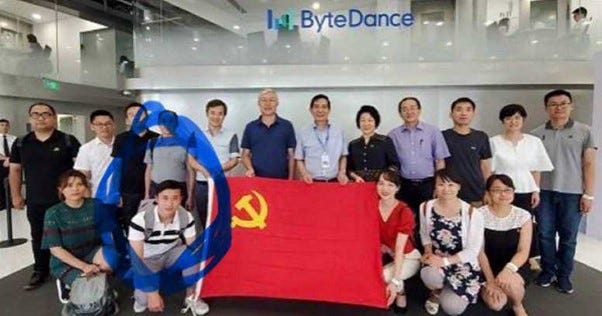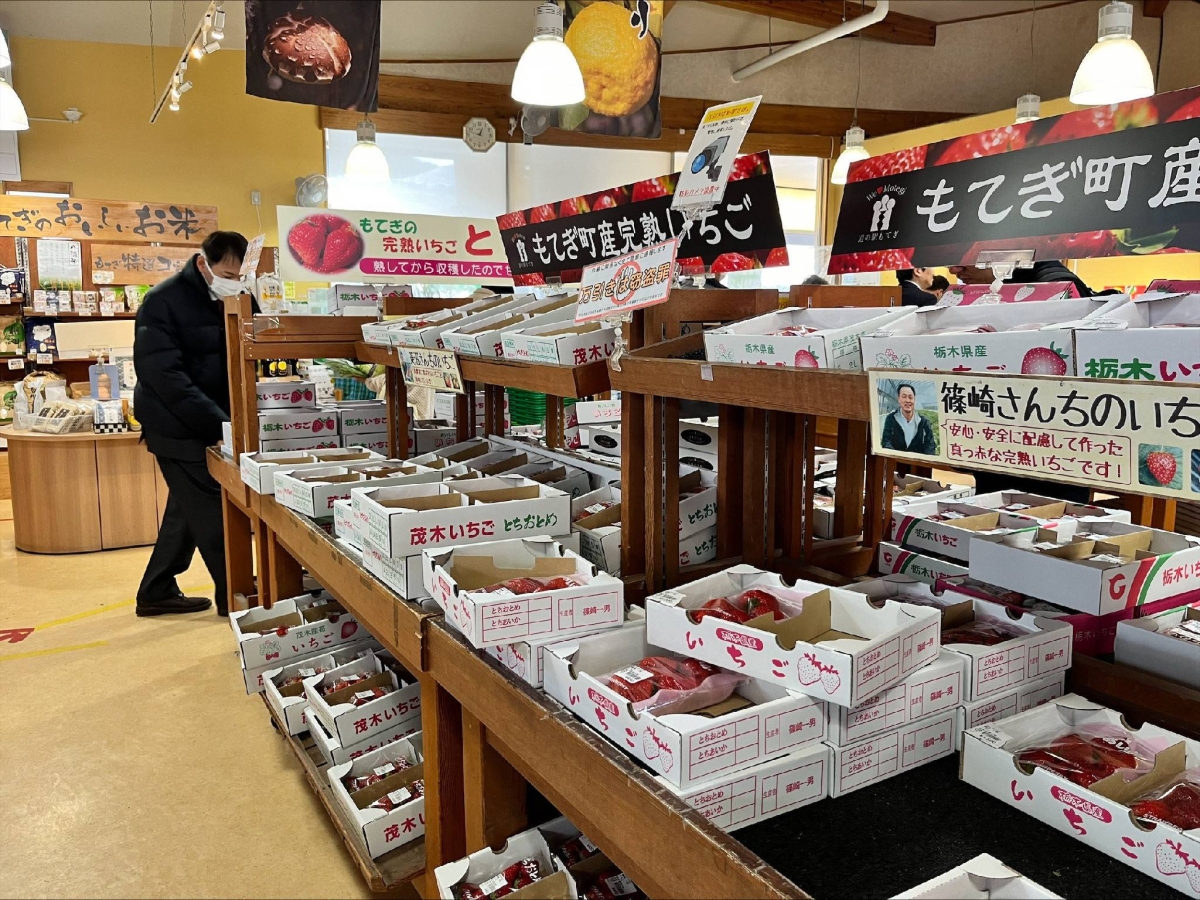By: Andy Wong Ming Jun
What looked like economic pragmatism on Singapore’s part in accepting Chinese businesses and money seeking safe haven or alternative business conduits to Western markets is shaping up as a headache as the geopolitical waters between China and the West, particularly the US, become increasingly choppy. Three incidents, two within a week, highlight the diplomatic and reputational consequences in what has become known as “China Cuckooing.” It is a reference to the way cuckoos take over other birds’ nests to lay their eggs, a form of parasitic behavior like the practice of using Singapore to mask their Chinese origins.
According to a November 22, 2022 Financial Times report, at least 500 Chinese companies have chosen to quietly redomicile or register themselves in Singapore as a hedging move against US trade sanctions on mainland Chinese businesses. This “Singapore-washing” has been accepted as a pragmatic economic strategy by the city-state, which has never been shy about exploiting its global image as a Westernized gateway-to-Asia middleman destination akin to Hong Kong. Even so, the Singapore government has always been cognizant of the potential negative reputational risk that comes with its facilitation of Chinese corporate efforts to “de-Sinicize” their business operations and backgrounds, even as it attempts to spin it as a matter of “Singapore-stamping” or “Singapore pivoting.”
The recent incidents include the grilling of TikTok CEO Chew Shouzi in a US Congressional hearing over the company’s move to Singapore and whether he is a potential CCP agent or PRC proxy; a bombshell investigative article in the Singapore-based Straits Times regarding a Chinese company using an unmarked rented office to coordinate distribution of illegal e-cigarette/vaping products to other countries in the Asia-Pacific region; and a long-running money laundering scandal involving multiple Chinese nationals with foreign passports.
Cotton’s gaffe masks real concerns
Much furor has been kicked up about the supposed racism exhibited by Senator Tom Cotton during his grilling of Chew on January 31. While Cotton’s questioning came off as ham-fisted, his questions along with those of fellow Senator Josh Hawley stem from legitimate concerns over whether TikTok is attempting to use Singapore as its global headquarters to conceal fundamental conduits it retains with Bytedance, its original mainland parent company and hence still subjected to China’s 2017 “National Intelligence Law” granting the Chinese Communist Party carte blanche powers to demand cooperation from all Chinese individuals, organizations, and institutions to support its national intelligence work.
Cotton certainly missed a trick in questioning Chew about photos circulating online since 2019, purportedly of Chew posing with other Bytedance employees at its Beijing headquarters alongside a Chinese Communist Party flag. Even in 2019, this could hardly be seen as innocuous.
TikTok situated its headquarters in Singapore in 2019, reportedly when the company sought to distance its social media application business from its Chinese origins. Despite the company’s 2020 decision to site its global headquarters, along with elevating Chew, its Singaporean CFO, to become its new CEO after the previous CEO Kevin A. Mayer departed a mere three months on the job, TikTok has never been able to fully shake political scrutiny, particularly in the US.
Lost in the media hubbub over Cotton’s “nationality-questioning” comments against Chew during the hearing were Hawley’s far more damaging questions about TikTok’s inability to keep its US user data private and siloed. Hawley’s questions were buttressed by a Wall Street Journal report a day earlier disclosing via internal reports from TikTok employees that the platform is still providing US user data to staff at ByteDance. This is despite TikTok continuing to go about siloing US user data as part of “Project Texas,” which it had pitched to US regulators as a key measure to dissuade the US from fully banning its app.
China Cuckooing
A surprising piece of investigative journalism published on February 4 by The Straits Times shed light on a fresh example of China cuckooing, with potential for further damage to Singapore’s international reputation. Two Singaporean individuals approached the paper to whistleblow about their company, which remained unnamed save for being described as one of China’s largest vaping companies. While the company occupying the River Valley office is rented by a Singapore-registered company, business records indicated that its ultimate beneficiary owner is a Hong Kong-registered company whose chief executive is a director of the Chinese vape producer.
Using two secretly recorded voice recordings of internal phone calls between different company managers based out of the otherwise innocuous unmarked rented office, the whistleblowers alleged that their fellow employees were aware that the office is being used to coordinate e-cigarette and e-liquid shipments to other regional jurisdictions where, like Singapore, vaping is banned. That includes Thailand, Laos, and Cambodia. The allegations go even further by describing how the Singapore office has also been involved in illegally importing vaping products from Malaysia into Singapore, and implied that bribes have been offered in the past for “difficult markets or markets with heavy and strict regulations”, such as Australia and New Zealand.
Finally, the long-running scandal which blew up on August 15, in which Chinese nationals were using Singapore as a base to employ the country’s secretive banking laws to hide massive money-laundering has seen little new development since the initial arrests of 10 suspects and impounding of billions in monies and luxury assets. Singapore police authorities disclosed on January 19 that another 55 properties and 15 vehicles have been seized alongside over 200 luxury goods, bringing the total value of assets involved to more than S$3 billion (US$2.22 billion).
Two new arrest warrants and Interpol Red Notices have also been issued against suspects who fled shortly before arrests began in August 2023. On February 8, one of the 10 was slapped with two fresh charges of forgery. Su Jianfeng is accused of having used several sets of forged annual reports of a China-based company belonging to Chen Qiuyan, another suspect still at large, to present as evidence of legitimate wealth to two Singaporean banks. Su also claimed when arrested in August 2023 that he was the CEO of an active Singapore-incorporated company called An Xing Technology, yet couldn’t name the company office’s location. Singapore is learning to its sorrow that there is peril as well as profit in turning a blind eye to these activities.






















Discussion about this post